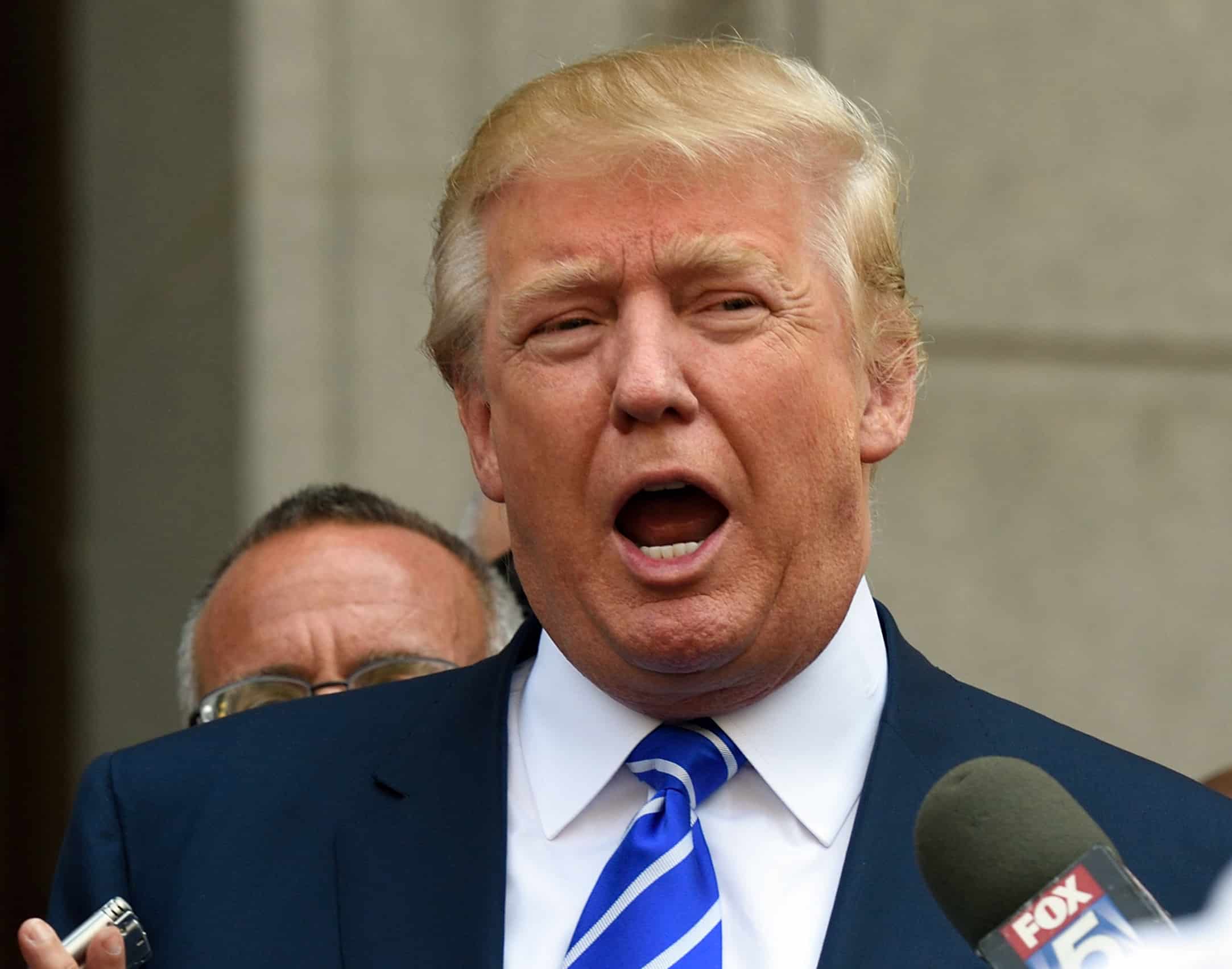Donald Trump’s victory in the 2024 U.S. presidential election has sent ripples through Latin America, with Costa Rica and its neighbors bracing for potential shifts in diplomatic and economic relations. The former president’s return to the White House is expected to bring significant changes to U.S. policy towards the region, particularly in areas such as immigration, trade, and foreign policy.
Costa Rica, long considered a close ally of the United States, is preparing for these changes. Costa Rican Chancellor Arnoldo André has stated that the government anticipates a shift in U.S. relations with the 12 countries comprising the Alliance for Prosperity in the Americas (APEP), an initiative launched under the outgoing Biden administration. “Not all of these countries will be considered friendly to the new Trump administration,” André noted, though he remains confident that Costa Rica will maintain its status as a U.S. ally.
The Costa Rican government has responded cautiously but diplomatically to Trump’s victory, congratulating him and Vice President-elect J.D. Vance while emphasizing their commitment to strengthening historical relations and friendship. Some experts, like economist Rodrigo Araya, see potential opportunities for Costa Rica, particularly in attracting U.S. companies relocating from Asia.
However, concerns linger about potential changes to immigration policies and their impact on remittances, as well as the possibility of protectionist economic measures. Former Costa Rican President Laura Chinchilla has expressed worry about fragmented relations in Central America, which could strengthen Trump’s transactional approach to politics in the region.
Reactions across Central America have varied, with El Salvador’s President Nayib Bukele among the first to congratulate Trump, while Nicaragua’s Ortega-Murillo government notably avoided direct congratulations. Other leaders from Honduras, Panama, and Belize offered congratulations while emphasizing bilateral priorities.
As the region prepares for Trump’s second term, Costa Rica is taking proactive steps. Chancellor André plans to visit Washington on December 9 and 10 for meetings with Republican and Democratic congressmen, as well as potential new public officials of the incoming administration. “We must position ourselves in time,” André stated, underlining the importance of early engagement with the new U.S. administration.
While the full impact of Trump’s presidency on Costa Rica and Central America remains to be seen, it’s clear that the region is preparing for a period of potential change and recalibration in its relationship with the United States. Costa Rica’s traditionally stable relations with the U.S. may position it to assume a regional leadership role in navigating these new diplomatic waters.






